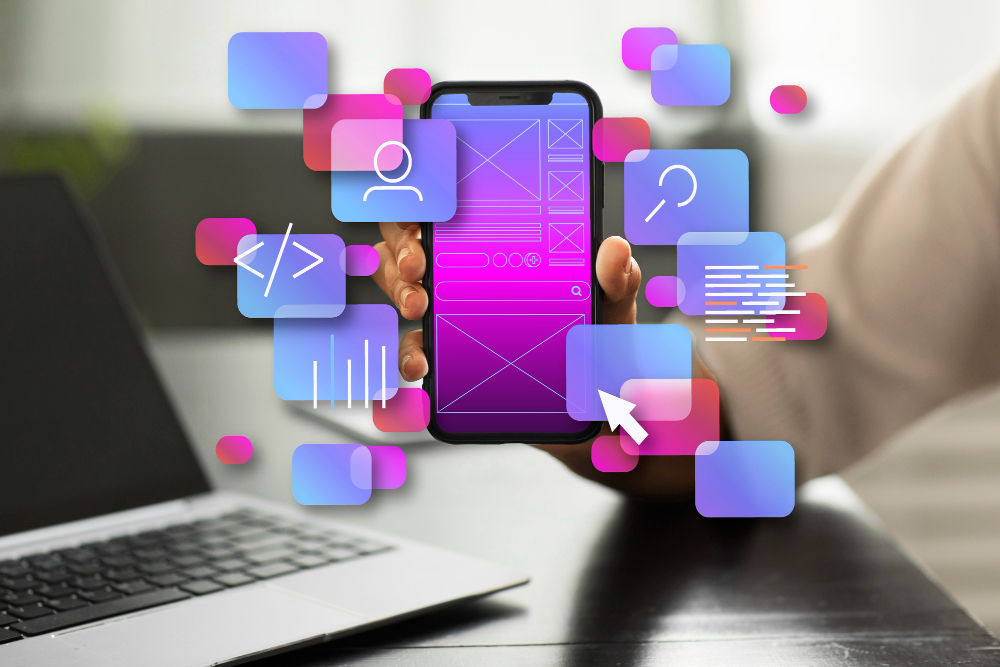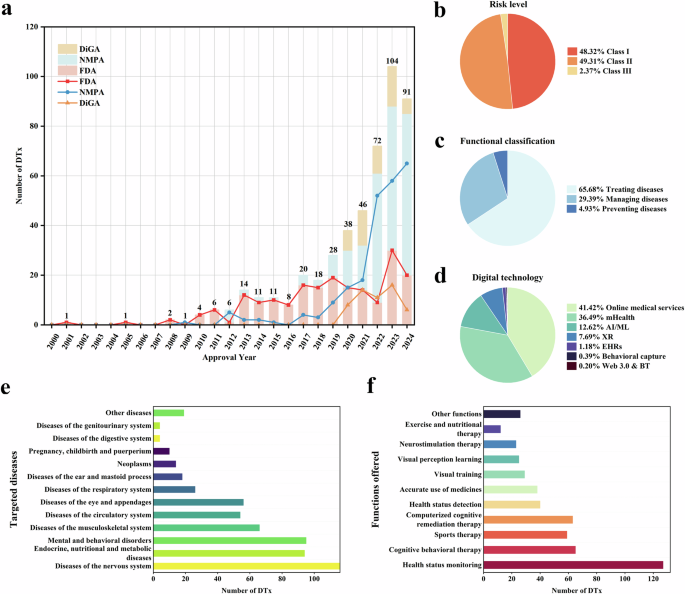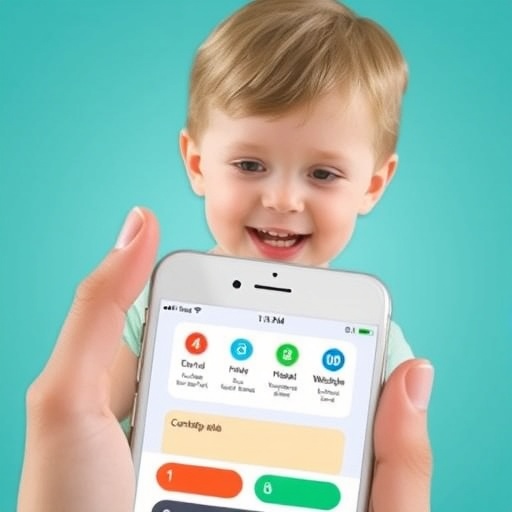Mobile apps, remote tracking are changing the face of patient care – Healthcare News

Healthcare has long been criticised for its impersonal and cumbersome nature. Patients frequently encounter a process that feels detached and overly bureaucratic. The journey often begins with a trek to the doctor’s office or lab, followed by a maze of paperwork, repetitive questioning, and multiple referrals that can leave patients feeling frustrated.
However, there’s a growing demand for compassionate and efficient care that breaks away from traditional frustrations. Innovations like telemedicine, home prescription delivery, asynchronous mental health support, and seamless health tracking are beginning to meet this demand, transforming the patient experience by providing more accessible healthcare options. Here’s a look at how these innovations are changing patient care:
Telemedicine: This allows patients to interact with healthcare professionals through video calls and online messaging. Telemedicine breaks down geographic barriers, providing timely access to medical expertise for those in remote areas. It also includes rehabilitation services, mental health therapy, and preventive care, addressing a broad spectrum of healthcare needs.
Health trackers and remote monitoring: Developments in wearable technology and remote monitoring tools enable constant observation of vital signs, physical activity, and various health metrics. They provide real-time data, which aids in the early identification of problems, prompt intervention and better management of chronic conditions.
Mobile health apps: Mobile health apps help in tracking symptoms, managing medications, monitoring fitness, and offering virtual coaching. These apps allow users to take an active role in managing their health by delivering tailored insights and practical advice based on personal health information.
Advanced remote surgical techniques: Robotic-assisted surgery allows doctors to carry out minimally invasive operations with increased accuracy and control. Using robotic systems, surgeons can perform intricate procedures from afar, making specialised surgical care more accessible. This is expected to improve surgical results, minimise complications, and boost patient safety.
Integrated health data systems: These enable the secure exchange of patient information across different healthcare providers, enhancing coordination and collaboration in care. By utilising electronic health records, professionals gain access to a complete view of a patient’s medical history, diagnostic results, and treatment plans.
AI & ML: These technologies leverage extensive healthcare data to detect patterns, anticipate outcomes, and tailor treatment plans, improve diagnostic accuracy and support personalised medicine.
To fully unlock the benefits of digital health, it is essential for policymakers, healthcare professionals, tech innovators and community leaders to work together, ensuring that these advancements are implemented in a responsible and equitable manner for the benefit of everyone.
The writer is CEO, Apollo Telehealth
link











